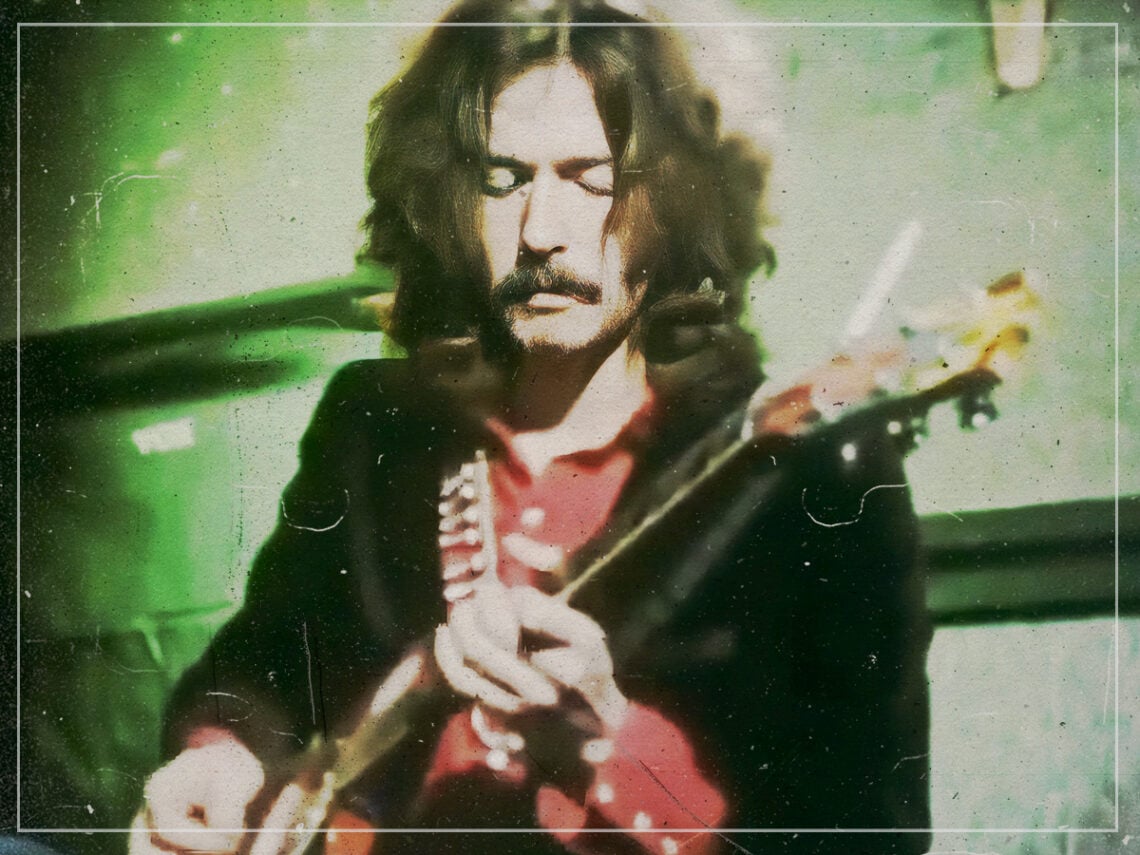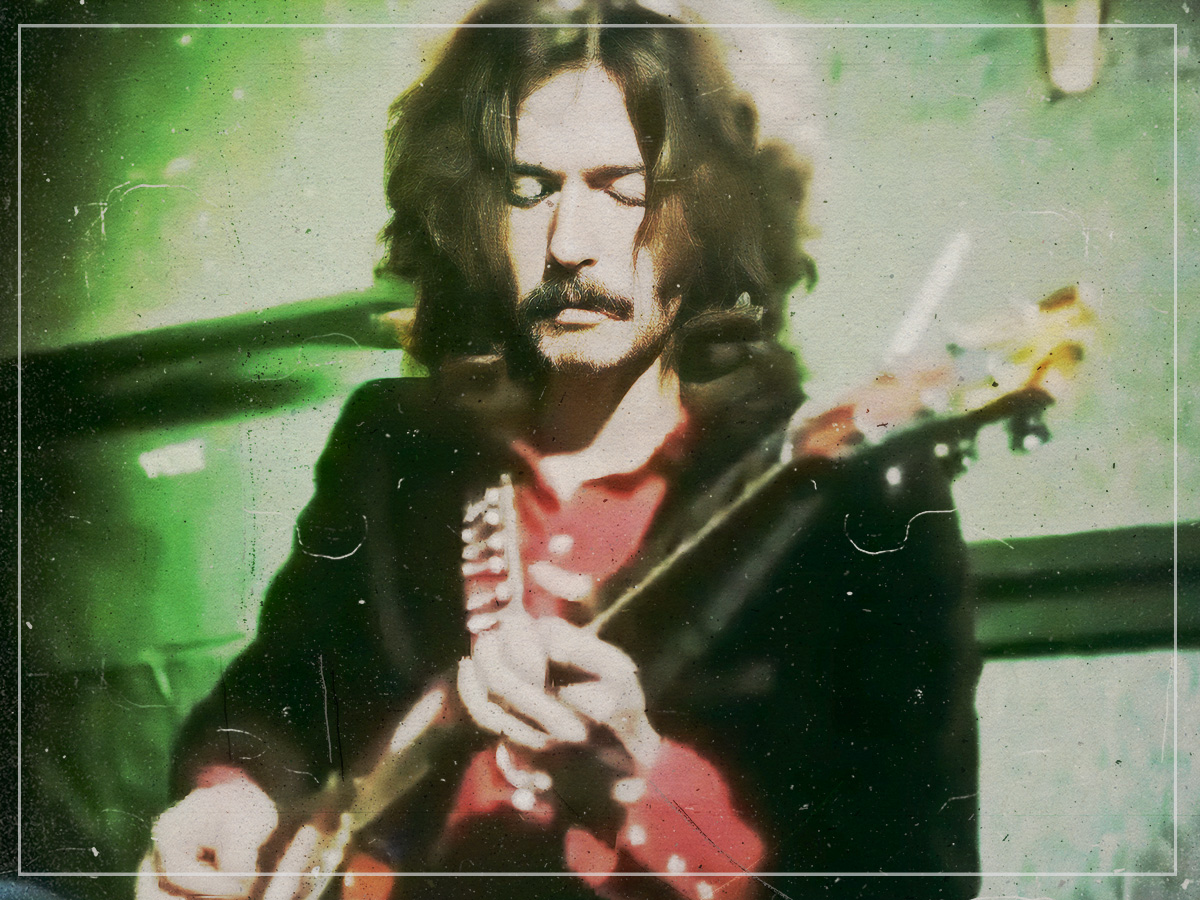
(Credits: Far Out / Video Still)
Rock and roll was not born out of big budgets and marketability but out of a need for grassroots artistic expression and youthful rebellion. The early wave of rockers in the 1950s and the garage rock groups that followed were raw and uncompromising in their approach to music, but those noble aims set out by the movement became increasingly diffuse as the years went by. Even during the apparent golden age of the 1960s, rock was at risk of losing its footing, according to guitar hero Eric Clapton.
It was during the 1960s that audiences were first introduced to the six-stringed mastery of Clapton when he joined the ranks of The Yardbirds in 1963. Although he would not stay with the group long enough to witness the release of their groundbreaking single ‘Heart Full of Soul’, the band did give Clapton an intimate knowledge of London’s blossoming rhythm and blues scene during the early part of the decade, which would spawn the likes of The Rolling Stones, The Kinks, and The Small Faces in time.
That early English R&B scene eventually gave way to the expansive experimentation of the latter half of the 1960s. The introduction of LSD and the cheap abundance of drugs completely altered the cultural landscape across the world, and music changed almost overnight. Gone were the humble rebellions of British R&B bands, replaced by mind-expanding psychedelia, with groups like Clapton’s supergroup Cream leading the way in the UK.
Seemingly, the guitarist had no issues with the drug-fueled musical experimentation of the psychedelic age – indeed, it produced some of his greatest work. “The ‘60s were great, and we were all doing drugs recreationally,” he told Guitar World. “We were all under the impression that we could take it or leave it. It was more like weekend binging: you’d do whatever you were doing, and then you’d get stoned one night or you’d take acid, and then you wouldn’t do it again for a while.”
When the peak of psychedelic rock subsided, however, the drugs remained and became less and less recreational. “It got to the point where those of us who were addicts by nature just carried on doing it, and we’d do it all the time,” Clapton admitted.
Aside from the obvious physical toll this took on many musicians, a not insignificant number of whom eventually succumbed to their addictions, the prevalence of drugs also damaged the legacy of that incredible 1960s rock and roll music.
“I think we lost the thread then,” Clapton said of rock’s increasingly unavoidable drug problem during the late 1960s. The scene had become overly self-indulgent, leading future generations of musicians to reject or resent it out of hand. “It kind of opened the door for punk, because there was no continuity from the musical pattern that evolved in the ‘60s,” the guitarist theorised. “It kind of got scrambled and lost with all the drugs and opened the door for all the anarchy, bitterness and anger.”
He continued: “The musicians of the ‘70s didn’t really have a very clear legacy. The legacy got very fucked and very self-indulgent. I think that the whole thing about the Sex Pistols was that there were really pissed off at our indulgence—the indulgence and that self-righteous stance of the ‘60s.”
So, although something good did at least come out of that period of rock over-indulgence, it seems as though 1960s rock could have achieved a much better legacy, according to Eric Clapton, were it not for the presence of drugs.
Related Topics
Subscribe To The Far Out Newsletter
